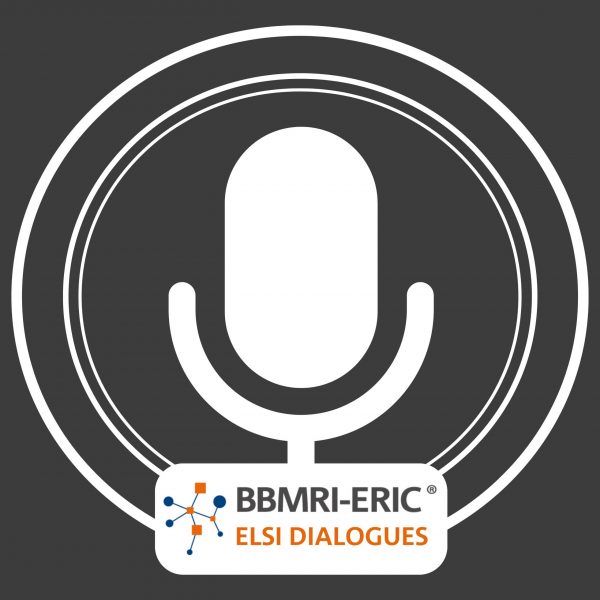I am looking for information as
Researcher

Industry

Patient

New Podcast Episode – ELSI Dialogues: Artificial Intelligence in South-Eastern Asia – The Indonesian National Artificial Intelligence Strategy on Ethics and Policy
This article is 296 words – a two-minute read.
“AI systems need to be human centric, they should serve humanity and the common good”
Episode 26 takes you to a webinar on developing strategies for a trustworthy AI explored at the example of South-eastern Asia. After a quick introduction on how the European Union approaches this challenge, Thilma Komaling, one of the authors of Indonesia’s strategy on Artificial Intelligence, takes you her home country where AI-assisted tools already help to improve broad access to health care.
Thilma shares her more than 20 years of experience in policy development here in this webinar organised by the BBMRI-ERIC ELSI team. ELSI specialises in addressing ethical, legal and societal implications of biobanking and the responsible use of sensitive data and new technologies.
The transformative potential of AI will not stop at national borders and so we can all profit from exchanging our experiences to use this technology for the best of society. Together with Thilma, Ilaria Colussi, one of BBMRI-ERIC’s legal experts, explores the common ground between the EU’s and Indonesia’s approach to a trustworthy AI.
“We need something very close to to the heart of the people of Indonesia, because this is something that needs to be originally from Indonesia. What we believe and what we want to carry forward as a nation.”
Indondesia explores a strategy that builds on the country’s core values to find a human-centered approach to responsibly integrate this highly transformative technology into the daily live. One example is Halodoc, an AI-assisted app, that allows Indonesia’s citizens access to health-related advise and information even in the remotest areas of the large, archipelagic country with its hundreds of languages.
You can also watch this and previous ELSI Dialogues sessions as webinar recordings on our Youtube channel.
Further reading:
- EU guidelines on trustworthy AI: https://www.aepd.es/sites/default/files/2019-12/ai-ethics-guidelines.pdf
- Indonesia’s strategy for Artificial Intelligence: https://www.mfat.govt.nz/assets/Trade-General/Trade-Market-reports/Indonesias-National-Strategy-for-Artificial-Intelligence-July-2023.pdf
- ELSI Dialogues on Youtube: https://www.youtube.com/watch?v=aZA1rVT75to
- ELSI services: https://www.bbmri-eric.eu/elsi/







